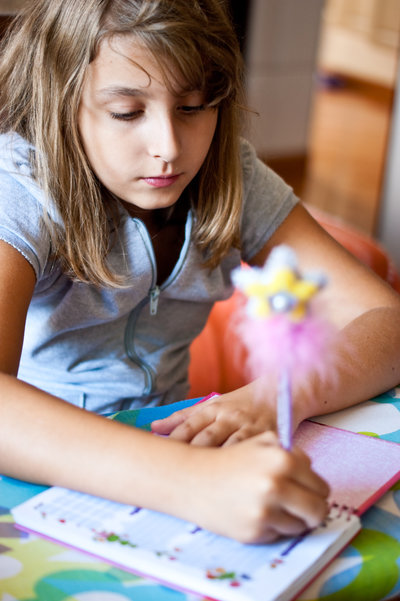 Children are steeped in television and social media, and it is difficult for them to avoid hearing something about the horrific shooting at Sandy Hook Elementary School in Newtown, Connecticut. At this time, it is important for parents and teachers to have open discussions with their children and students about what they are experiencing as they are learning about the events that transpired. Here are some tips on how to approach the sensitive subject of violence:
Children are steeped in television and social media, and it is difficult for them to avoid hearing something about the horrific shooting at Sandy Hook Elementary School in Newtown, Connecticut. At this time, it is important for parents and teachers to have open discussions with their children and students about what they are experiencing as they are learning about the events that transpired. Here are some tips on how to approach the sensitive subject of violence:
Model Calm Behavior
When talking about a traumatic event with children, it is first important to model calm and controlled behavior. Children look to adults to see how to respond in situations, and will be more likely to exhibit composure if adults set the scene as a quiet, safe one. Remind children that they are in a safe place, and that they have adults to care for them, as well as officials like police officers who work day and night to make sure they are safe.
Validate Children’s Deelings – It’s OK to be Upset
It is also integral for adults to validate children’s feelings. “Let children know that it is okay to feel upset,” said the National Association of School Psychologists in a handout on national tragedies. “Explain that all feelings are okay when a tragedy like this occurs. Let children talk about their feelings and help put them into perspective.”
Be Interested in What Children Have to Say
To start the conversation about the actual event, adults should first let children know that they are interested in how they are feeling, as well as how they are coping. “Listen to their thoughts and point of view,” recommends the American Psychological Association. “Don't interrupt — allow them to express their ideas and understanding before you respond.” After they have shared their thoughts, adults can share their own opinions, but should do so without putting down children’s opinions.
Tell the Truth and Stick to the Facts
The APA also believes that adults should tell students the truth of what happened – not by releasing any details that could be upsetting, but acknowledging the tragedy that occurred. “Don’t try to pretend the event has not occurred or that it is not serious,” wrote the APA. “Children are smart. They will be more worried if they think you are too afraid to tell them what is happening.” Instead of speculating about what happened and possibly providing wrong information, just tell students the facts that are known. Explanations must also be appropriate for the developmental stage of the child – young children should only need simple information with lots of reassurances of their safety, whereas older children may want to discuss causes of violence and how to make society a safer place. Regardless of age, the NASP says that it is very important for children to be able to verbalize their thoughts and feelings and have an adult to listen to how they feel.
Monitor Children for Changes and Give News Breaks
Some children may not be as quick to verbalize something that is upsetting them, so look for changes in behavior, such as children being more quiet than usual or changes in eating habits, sleep patterns, or anxiety levels. To help take the edge off the stress they may feel due to the national attention on the tragedy, give children what the APA calls “news breaks.” Older students may be watching television or seeing updates on the event online, but being constantly bombarded by information about the traumatic event can cause children to become more stressed. Encourage them to change the channel, play a game, or engage in a leisurely activity to take their mind off of the event.
Looking Toward the Future
Remind children of the people who are trustworthy and are looking to prevent such violence from happening in the future, such as local security guards, police, firefighters, and military.
If an adult is concerned over the mental, physical, and emotional well-being of their child after experiencing stress related to anxiety or grief from a traumatic event, contact the school’s counselor or psychologist to speak with the child and provide further assistance.










